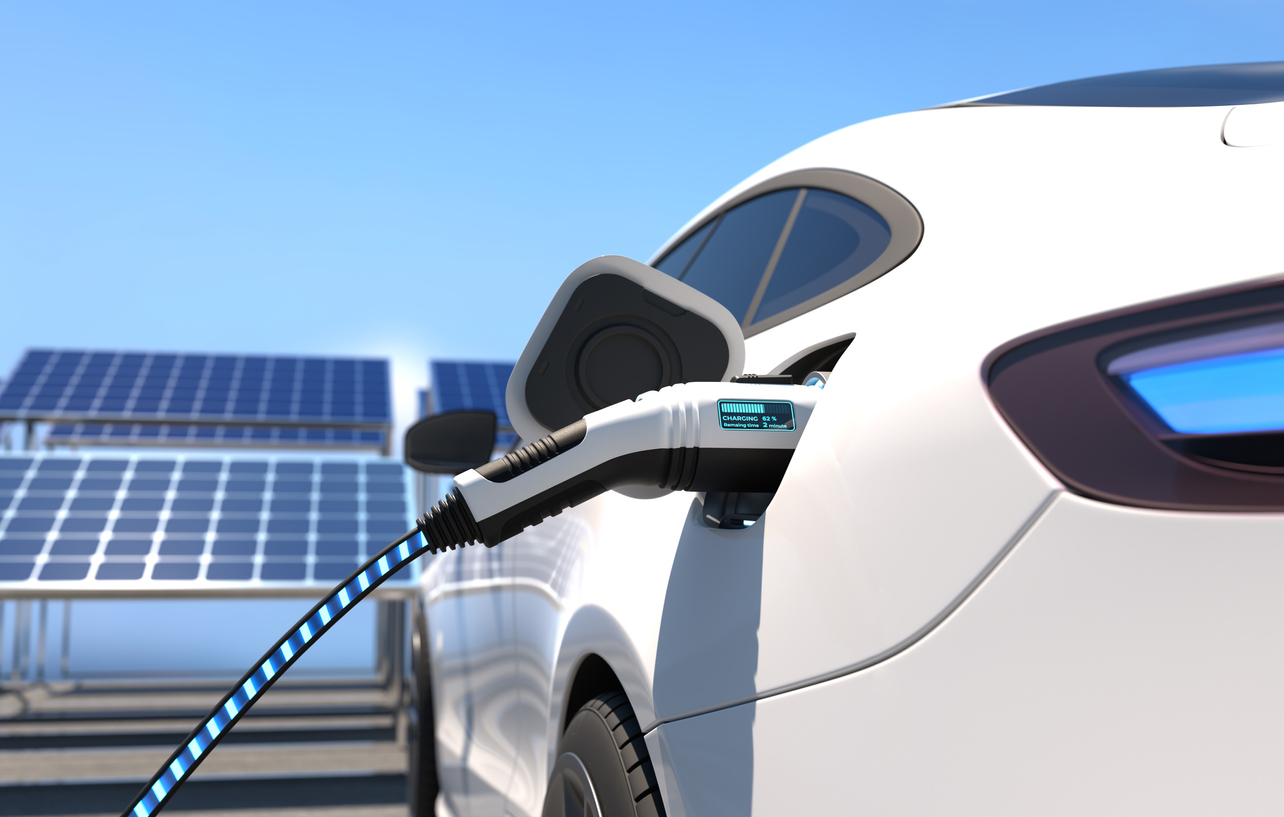Rosenbaum Personal Injury Lawyers | February 28, 2023 | Car Accidents

Before any electric vehicle can hit showrooms, the National Highway Traffic Safety Administration (NHTSA) tests and analyzes these cars. Currently, the Vehicle Research and Test Center performs many safety studies to help rule out defects, security issues, and other hazards that could endanger occupants and other motorists.
Both electric and gasoline-powered vehicles are assigned an NHTSA score, also called a safety rating. Consumers can see transparent test results and make informed decisions about a specific vehicle’s safety before they make a purchase.
Safety Ratings for Electric Vehicles
The current NHTSA five-star rating system is based on the following elements:
- Front crash safety
- Rollover safety and protection
- Side crash safety
Additionally, if you’re interested in electric vehicle safety, the Insurance Institute for Highway Safety (IIHS) is a non-governmental entity that performs independent safety testing for vehicles sold in the United States and Canada.
Their evaluations are based on two areas of car safety:
- Crash avoidance
- Crashworthiness
To make a final determination, the IIHS tests front and side crashes, seats, head restraints, rear-end crashes, and roof strength.
When you look at IIHS safety ratings for an electric vehicle, you can learn more about how effectively it protects occupants during a crash and how the car’s technology can help reduce a collision’s severity.
Crashworthiness of Electric Vehicles
Electric vehicles are the future of car technology. As such, most of these vehicles come equipped with state-of-the-art technology that has the potential to reduce crashes and collisions.
Electric vehicles may be safer than traditional gasoline-powered cars for several reasons, including:
Driver Assistance Systems
Most EVs have automatic emergency braking, lane departure warning, and adaptive cruise control. These systems can help prevent collisions by alerting the driver or taking control of the vehicle in certain situations.
Better Stability
Because electric vehicles lack the weight of a large engine, they have a lower center of gravity. This can improve stability and handling and reduce the risk of rollover accidents, which are more likely to occur while operating a traditional gasoline car with a top-heavy engine.
Fewer Mechanical Components
In many cases, electric vehicles may have fewer mechanical parts than traditional vehicles. As such, when it comes to untimely mechanical failures, these may be less common in a modern EV than in a car that uses a traditional combustion engine.
Safest EV Models on the Market
Several electric vehicles on the market have received the highest safety ratings from the NHTSA and the IIHS. If you’re looking to purchase a safe EV in 2023, consider the following models:
Tesla Model 3 and Model Y
Tesla’s most popular models, the Model 3 sedan and the Model Y SUV, are the highest-ranked electric vehicle for 2023. The American-made cars hold a five-star safety rating from the NHTSA and rank in the “Top Safety Pick+” from the IIHS, the highest possible award.
Hyundai Ioniq 5, Kia EV6, and Chevrolet Bolt EV
Regarding safety rankings for budget vehicles, the Chevrolet Bolt, Hyundai Ioniq, and Kia EV6 all hold five-star overall safety ratings from the NHTSA and rank as “Top Safety Picks” from the IIHS.
Ford Mustang Mach-E and Volvo XC40 Recharge
The Ford Mustang Mach-E and Volvo’s XC40 models in the luxury sports class share a five-star NHTSA rating and a “Top Safety Pick” from the IIHS.
Electric Vehicle Accidents and Injuries
It is worth noting that safety ratings are just one factor to consider when purchasing an electric vehicle, and these can vary depending on the agency or organization involved in conducting the testing. Despite all the safety tests, road safety largely depends on the person behind the wheel and the surrounding motorists.
If you suffered a crash in an electric car, you might be able to file a claim and hold the responsible party accountable. Consult a New York City car accident lawyer to learn more about personal injury claims and lawsuits.
Contact the New York City Car Accident Law Firm of Rosenbaum Personal Injury Lawyers for Help Today
If you’ve been injured in an accident in Manhattan, NY, and need legal help, contact our car accident lawyers at Rosenbaum Personal Injury Lawyers to schedule a free consultation. We also serve in Brooklyn and the Bronx.
Rosenbaum Personal Injury Lawyers – New York City Office
100 Wall St, 24th Floor
New York, NY 10005
(212) 514-5007
Our firm is located near you. We have an office in NYC
Find us with our GeoCoordinates: 40.7051415,-74.0067386
Rosenbaum Personal Injury Lawyers – Bronx Office
1578 Williamsbridge Rd suite 3b
Bronx, NY 10461
(929) 447-2347
Our firm is located near you. We have an office in the Bronx
Find us with our GeoCoordinates: 40.8468944,-73.8483118
Rosenbaum Personal Injury Lawyers – Brooklyn Office
32 Court St #704
Brooklyn, NY 11201
(718) 550-3601
Our firm is located near you. We have an office in Brooklyn
Find us with our GeoCoordinates: 40.692948,-73.991038
